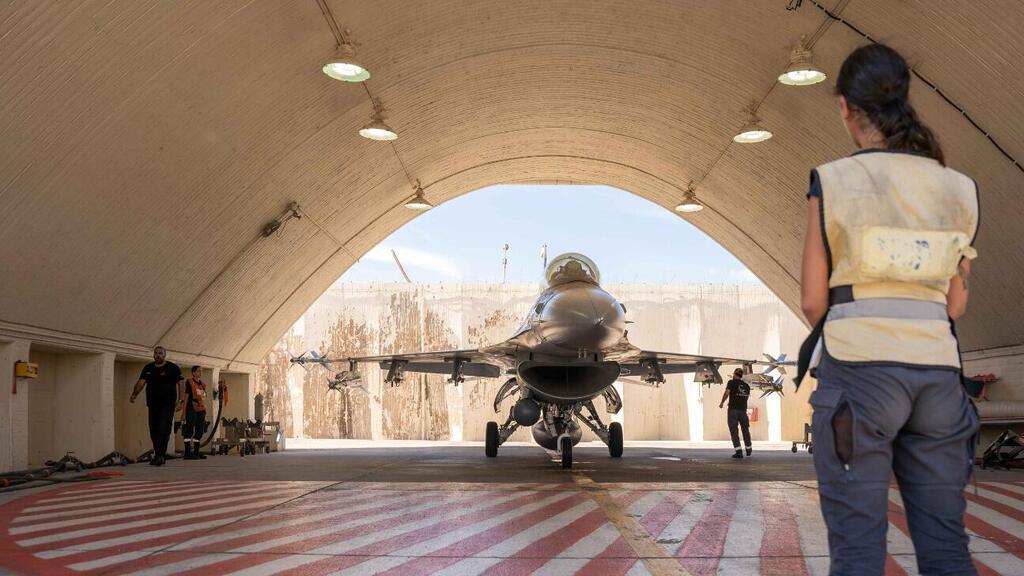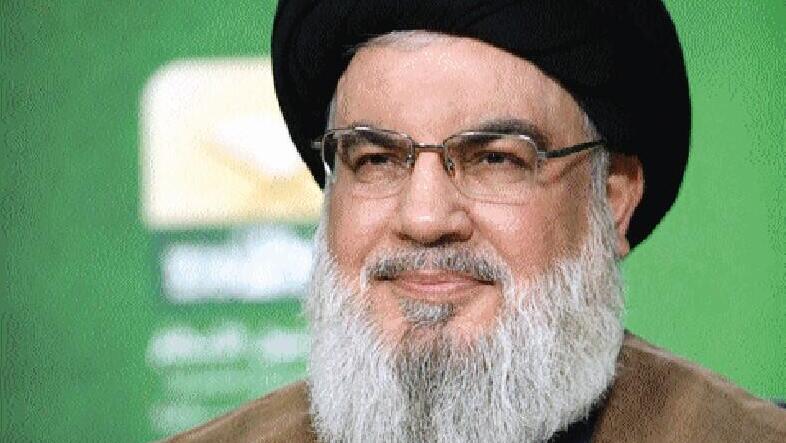Getting your Trinity Audio player ready...
Despite a series of severe blows, Hezbollah and its leader Hassan Nasrallah show no signs of backing down. Instead, the group appears more determined than ever to demonstrate its resilience and capability to strike Israel, even after losing thousands of operatives and senior leaders, including its last two military chiefs and the command of its elite Radwan Force.
Nasrallah, driven by both revenge and a desire to restore his damaged prestige, seems unwilling to end the rocket fire toward Israel. This campaign, especially after the deaths of more than 500 people in Lebanon on Monday, is likely to escalate and could extend southward toward central Israel.
Yet, Nasrallah knows he is treading a dangerous line. A full-scale war could devastate Lebanon, destabilize the region, and jeopardize Iran’s most significant deterrent against Israel.
While Nasrallah would prefer a cease-fire and a negotiated deal between Israel and Hamas, Israel has made it clear that Hezbollah will face a heavy price for aligning itself with Hamas.
Meanwhile, pressure on Nasrallah from within Lebanon to avoid leading the country into an Israeli occupation is mounting. The Lebanese, like others in the region, have watched the devastating images from Gaza and want to avoid similar destruction. Lebanon has already been on the brink of economic collapse for years, and another brutal war—one sparked by the “brothers from Hamas”—is not seen as legitimate by many in the country.
Hundreds of thousands of Lebanese fled north from southern Lebanon, as did residents of the Bekaa Valley. Yet public opinion in Lebanon matters little to Nasrallah. His priority is proving to Shiites worldwide, and particularly in Lebanon, that he is willing to fight Israel to the death.
The only ones who can pull Nasrallah back from the brink are the Iranians. They understand they cannot ask him to retreat beyond the Litani River, as Israel demands.
The conclusion from recent developments is that unless we witness major surprises (which are always possible in the Middle East), Israel will likely have to launch a ground offensive in Lebanon and seize significant territory to force Hezbollah to retreat north of the Litani and stop the attacks on northern Israel. While such an operation may not completely halt the fire, it could push Nasrallah to consider some form of agreement.
Assassination of Ibrahim Qubaisi, commander of Hezbollah’s missile and rocket division
(Video: IDF Spokesperson’s Unit)
However, a ground incursion would come at a heavy cost for Israel, both among its frontline forces and its civilian population, where Nasrallah will continue to fire rockets as long as he can. Such a war could entangle Israel in Lebanon for months without a clear solution.
Still, it seems Israel has little choice—except for one possibility: Nasrallah, who has long claimed he fights for the Palestinians, might consider retreating beyond the Litani if Israel agrees to a cease-fire in the south, thus framing his withdrawal as a catalyst for peace or as preventing a catastrophe in Gaza.
There is no certainty this formula will work, but it may be the last option before a long and grueling ground war.








